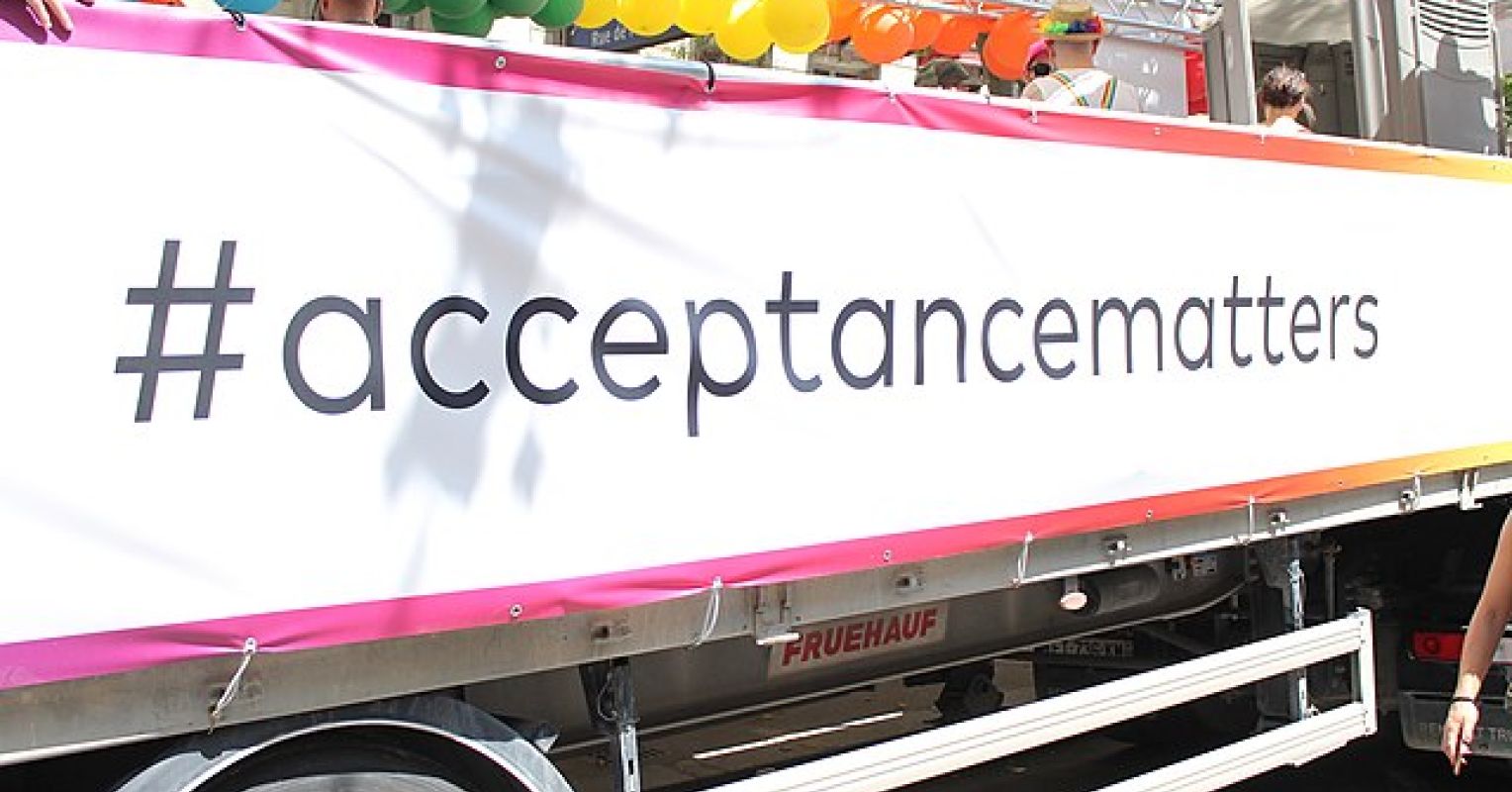
Once, on a tour I was on, there were two women who were blind. The experiences of being with them couldn’t have been starker. Lee groused that others travelers either ignored her—“No one helps me with my luggage!”—or they were condescending to her—“I can open the door myself!” Paula was the opposite. She didn’t complain about either the lack of assistance or being patronized by others in the group.
I could speculate about why Lee was perpetually angry while Paula was exhilarated by the trip. Perhaps they had had different life experiences or it may be that their demeanor reflected their personalities. What the two women did display, whatever the roots, was the conflict between acceptance and change. Two contradictory impulses were on display: accepting ourselves as we are and acceptance as a means of personal change. Lee finished the trip as she started: complaining, sour, and unchanged. By contrast, Paula was thrilled by her experience and looked forward to another trip.
“The notion that acceptance—of oneself, other people, circumstances, and the world at large—can be a force for personal change has deep roots in Eastern and Western culture,” writes psychologist John C. Williams and colleagues, from religious texts such as the Bible, Buddhist sutras, and Bhagavad Gita, to secular works written by Marcus Aurelius, Shakespeare, and Steinbeck.
In writing about friendship, Aristotle illuminates the tension between acceptance and change. He writes, “those who desire the good of their friends for the friends’ sake are most truly friends, because each loves the other for what he is, and not for any incidental quality.” The acceptance of a friend “for what he is” is tempered by Aristotle’s comment that acceptance of a friend isn’t simply acceptance of how they present themselves, but that “those in the prime of life [friendship] stimulate to noble actions—’two going together’—for with friends men are more able both to think and to act.”
Mature friends encourage one another to act as virtuous people. A friend accepts you not only as you are but, equally importantly, by encouraging you to reach your nobler self.
To be clear, self-acceptance isn’t the same as resigning to undesirable or unfair external conditions. For instance, the Americans with Disabilities Act protects those with physical and medical limitations, as well as psychiatric and learning disabilities. This law recognizes that the social environment plays a huge role in personal lives and that society has an obligation to provide, for example, handicapped accessible public transportation and legal protections against discrimination based upon a disability. Where the law isn’t enforced, there is good reason to advocate for it.
At the same time, self-acceptance acknowledges limitations, which everyone has since no one is perfect and perfection is never a possibility. Striving for a flawless life is bound to lead to feelings of inadequacy.
While eliminating obstacles that impact people unfairly is important, not everything about us can or should be made better. The person who strives to correct everything—a person unable to accept himself or others as imperfect—is often overbearing, boorish, and unhappy.
Knowing what to change and what to accept is a difficult yet vital task. Everyone is limited by inherent weaknesses and by nature itself. The one thing we must all accept is that our lives are finite. Birth, growth, decay: this is the natural cycle, the ceaseless turning of which we are a part. Self-acceptance includes acknowledging our mortality. With that insight can come the wisdom to know what we ought to change and what to leave alone.

